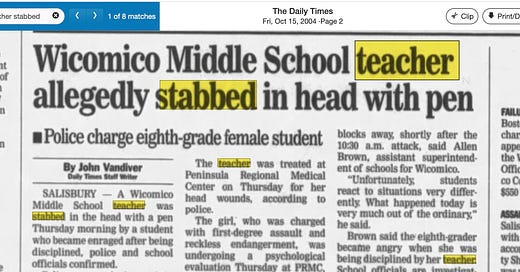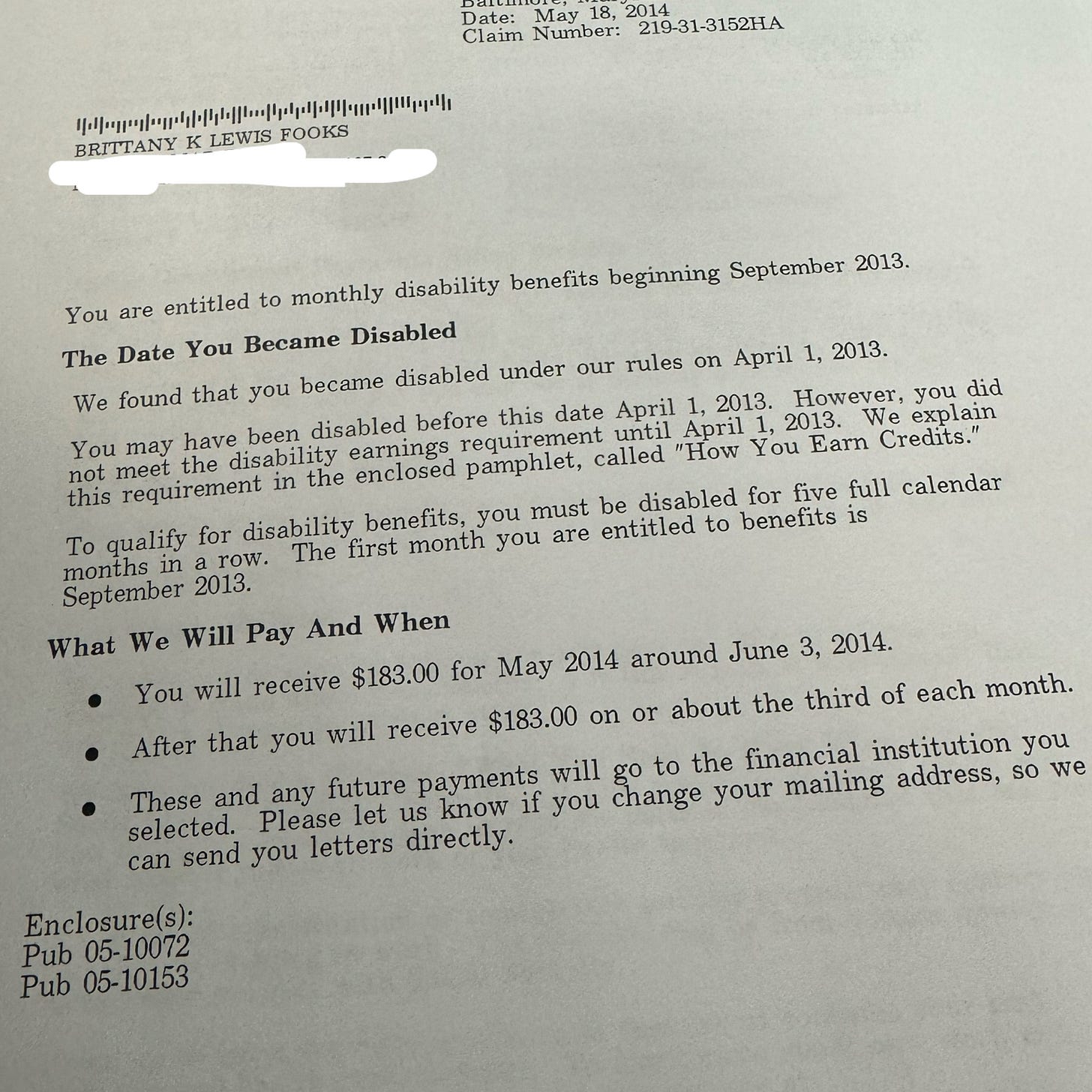The Invisible Disabilities We Carry.
Today, on the International Day of Persons with Disabilities, I want to share a part of my story. It’s not a story that shows on my skin or in my step, but it’s as accurate and valid as any other. I am legally disabled due to mental illness—a disability that is invisible to the eye but deeply impactful in my life.
Disability is often framed in the physical. We think of wheelchairs, canes, or prosthetics. We think of the tangible tools that signify difference. But some disabilities don’t come with visible markers. They’re hidden in the fog of depression, the spirals of anxiety, or the fractured landscapes of trauma. These experiences shape our lives just as profoundly as any physical condition.
Living with an invisible disability means navigating a world that doesn’t always understand or believe you. It means encountering skepticism when you ask for accommodations because “you don’t look disabled.” It means bearing the weight of stigma and the constant need to justify your struggles.
My grandparents applied for Social Security Disability for me when I was in middle school. At one point in life, my disability affected my ability to do day-to-day tasks such as showering, going to school, and holding a job. I was a very depressed self-destructive kid. If I had to go to school, I would self-harm or try to kill myself. I can't tell you how many times I was caught in the girl's bathroom at school and passed out from self-inflicted wounds, how many times I was embarrassingly carried through the school hallways on a stretcher by emergency services. This led to me being home-schooled for a bit. You would have thought this would solve the problem, but it didn’t. The isolation made things worse. I longed to be a normal kid, but my ability to engage with the world and do “normal’ things teenagers would do was limited due to the paralyzing depression and anxiety. What no one knew was I was a victim of multiple sexual assaults that didn't leave physical evidence, just emotional damage. Combined with living in a small town with a family of local celebrities, I was often overlooked and judged. I was seen as “ungrateful.” People said things like, “She is playing games” or “She has demons.” This rhetoric made me feel worse and led to more suicidal behavior because I felt like a burden to my grandparents, who were honestly doing the best they could with the information they had.
In 8th grade, I was put in a self-contained classroom, and an incident happened where I assaulted my teacher. To this day, I don't remember all of what happened. Just what I was told and that didnt’t seem accurate. Looking back at it with my clinical eyes, I dissociated. She tried to discipline me and touched me, and as a sexual assault survivor, it was fight or flight. In this case, I fought. The reaction didn’t fit what happened. But with all that I had gone through up until that point, this reaction is understandable. I remember looking up, and I was in a holding cell. I spent about six months in jail. The self-harm and suicidality continued there. Whenever I went to the judge for a hearing, I hoped to go home. Instead, the judge would send me back because of my behavior. No human is built for jail, but I certainly was not. It wasn’t until I got yet another psych evaluation at the jail that the gravity of my symptoms was taken seriously, and they knew I wasn't “making it up” or “doing it for attention.” I was “sentenced” to a residential treatment facility. I had already spent a good amount of my preteen and teenage years in psych hospitals. These places were supposed to help me but only perpetuated the cycle of abuse that I had already faced for years. I didn't open up about the sexual abuse until I was in my mid-20s; the aftermath lived with me for years and affected me profoundly.
I recently had to go to the Social Security Administration for some paperwork to be signed. Seeing this paper put me back to 2013 when my mental health was terrible, and I was surviving on the $500 check that I received monthly. Things were bad. You may look at me and see a high-functioning human. I know my aura is contagious, and my spirit fills my room. But things were dark for a long time. Although I'm not in that place anymore, I’m scared of how dark things can become. I honestly don’t know how I am still here after all the sexual and psychological abuse my body has endured. I have a love-hate relationship with the word “SURVIVOR” Because living honestly feels like a chore, and surviving means I am left with remnants of my past that show up all the time.
There have been days when my mental illness felt like an insurmountable mountain—days when getting out of bed takes all the energy I have. There have been moments when my mind’s whispers of inadequacy or fear drowned out the world around me. But this story also has resilience: the power of showing up, even when the fight feels endless. There’s the courage to ask for help and the strength to say, “I can’t do this alone.”
Disability is not a monolith; it’s a spectrum of experiences, challenges, and triumphs. Today, I want to celebrate the diversity of disability: every story and every experience matters. Whether your disability is visible or invisible, you are seen. You belong. To those with invisible disabilities, your struggles are valid. Your strength in facing a world that doesn’t always accommodate you is remarkable. You are not alone; your voice is essential in shaping a more inclusive and understanding society.
Happy International Day of Persons with Disabilities.
Thank you for reading! While I’m not ready to start subscriber-only posts at this time, if you enjoy my content and would like to support my work, please consider clicking on one of the links below. Your generosity helps keep your girl going.
Follow me on social media






Thanks for sharing. I work at a school and it’s really hard to watch and idk what do when mentally disabled kids react violently to triggers that I often think could really be avoided by the sped teams. Obviously not all can be avoided but a lot of times it’s triggering those kids by making them comply to neurotypical society. There are some good eggs out there but mostly cops conforming kids.
This is an important read that should be discussed more. We are conditioned to see things in a certain way, which dampens other people's perspectives and situations. Ignorance should not be blissful.